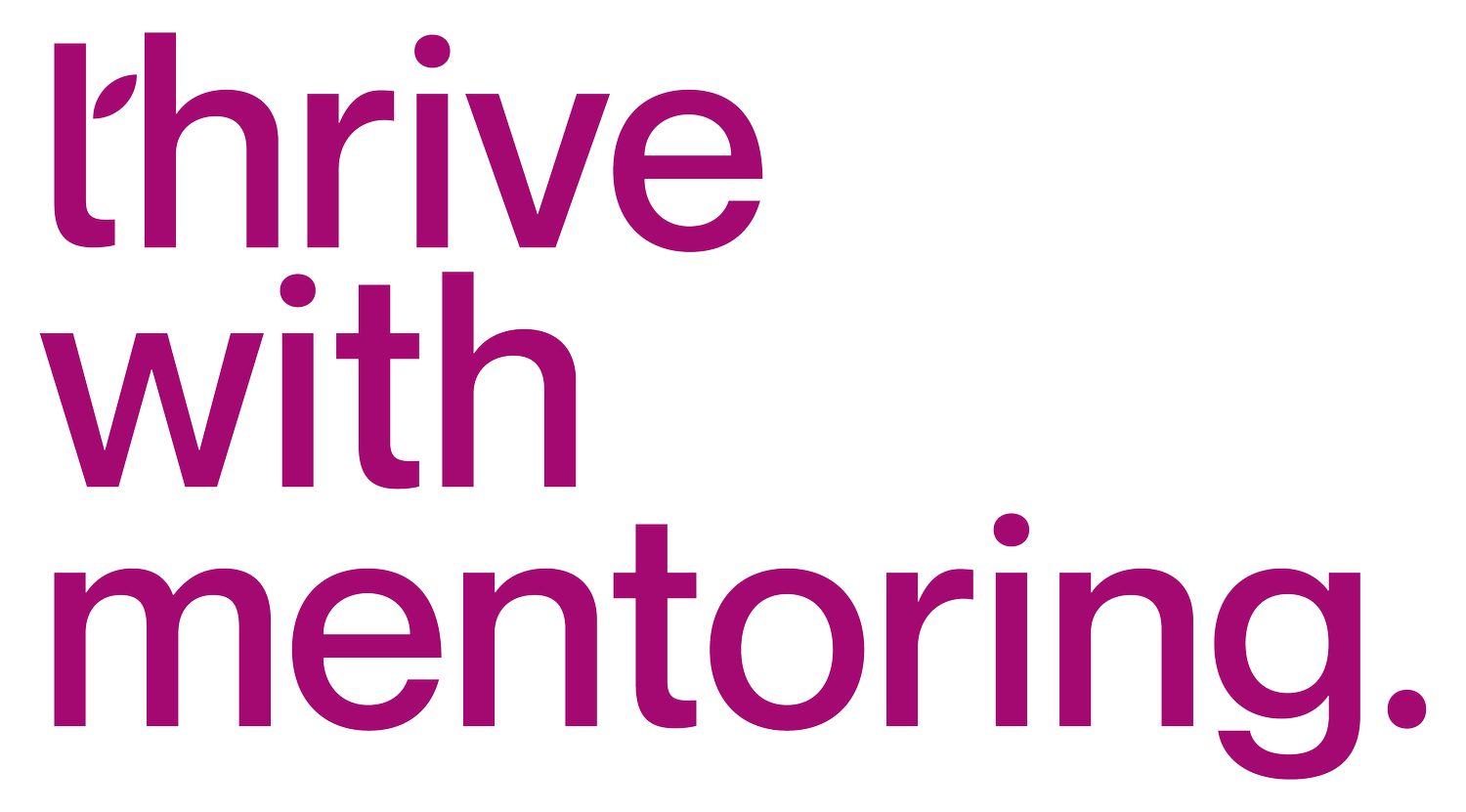Challenges faced by cultures that hold high Power Distance Index score – Indian context
7 years of working from India, with India and within India and yet I never concerned myself much with the country's Power Distance Index.
Had to look it up again. It's 77.
Power Distance Indicator (PDI), I know, it sounds like some typical physics terminology, but it’s not.
It's the indicator that gauges the unequal distribution and acceptance of power and hierarchy in organisations and institutions.
77 suggests high PDI.
That means India has high acceptance to power and hierarchy.
High to the extent that conventionally the leaders of communities rely on obedience and subservient nature of their team members.
Here is a story that I can’t help but mention in this context-
‘A start-up based out of India operated on managed resource model. The company hired people on managerial roles to take full ownership of a client account, generally international.
Seema was hired as a Project Manager for one such account. The client she was working with was based out of a country with a PDI of 35. Seema was used to working in a set up that reflected the prevalent PDI structure.
That is, where tasks were given, directives were shared and employees were supposed to agree to what the people at higher rungs of the ladder suggested.
This culture was completely new to her. She was so used to saying ‘Yes’ to all those in power, that even raising voice to absolute unrealistic timelines, seemed like an impossible ask.
Having a logical confrontation and challenging thought processes with the client was far from reality. Clearly it didn’t work out.’
With similar organisational structure picking up in India, the leadership requires their employees to let go of the high PDI behaviour.
And yet at the same time, the ingrained mindset of complying with the hierarchical culture, is an intrinsic expectation.
Here is one of the biggest challenges that I have seen my coachees in India experience.
The dilemma between being raised and brought up in a society with a very high respect for authority paired with the sentiment of not being able to progress in career, because speaking up to power is unimaginable.
The thought process is so deeply ingrained that when they are told to function in low PDI set-ups, it’s hard to go beyond the conventional behavioural practices.
Here is my hypothesis to why this culture is so difficult to overcome -
While Indian businesses are modernizing and adjusting to Western lower PDI styles rapidly, the Indian education system are yet to pick up the pace.
With that said, I can’t deny that in 7 years I have seen some promising changes as well. People are becoming more open to conversations that make them uncomfortable. And I think that’s a hopeful start.
How can we move forward from where we are-
I believe that the strongest way to enable an equitable societal structure is enabling awareness – awareness towards self and awareness about others.
Just relentlessly creating awareness. Awareness of the values within a person, within a team, within an organisation, withing a country and in other countries.
Organisations, institutions, families need to begin from the beginning. The first step to speaking up is to learn to speak.
People of all ages, of all genders, races, cultures are to be given space to think about themselves, their career, their passion and speak about them.
The high PDI score suggests that there should be so many people who have not held a conversation even with themselves. They need to be made aware that it’s OK, in fact necessary, to have opinions, to have a say on what’s acceptable and what’s not.
And for that people currently in power have to come forward.
In the last two decades of the 20th century, Korean Airlines had a threateningly high number of plane crashes, and they were able to turn this around by putting their pilots and engineers through a training which took them completely out of their comfort zone and took them to a point where they are rated among the safest airlines.
How?
By bringing in trainers who worked on addressing the high PDI culture prevalent in the organisation back then. The trainers essentially changed the mandatory language of pilots from Korean to English – as a first step to free the co-pilots and engineers from having to communicate in the indirect style so common in high power distance cultures.
How aware are you of your culture and its implications on your behaviours? What have you done to adapt to the culture of those around you or those you are working for?
